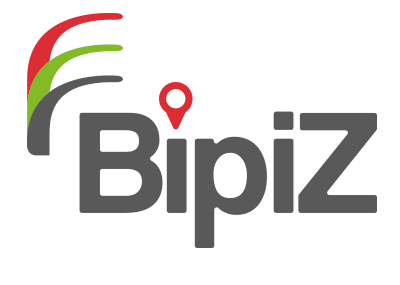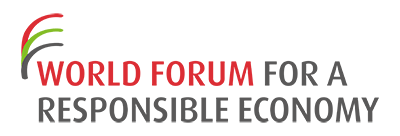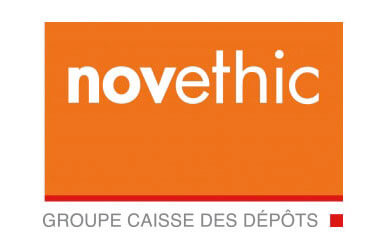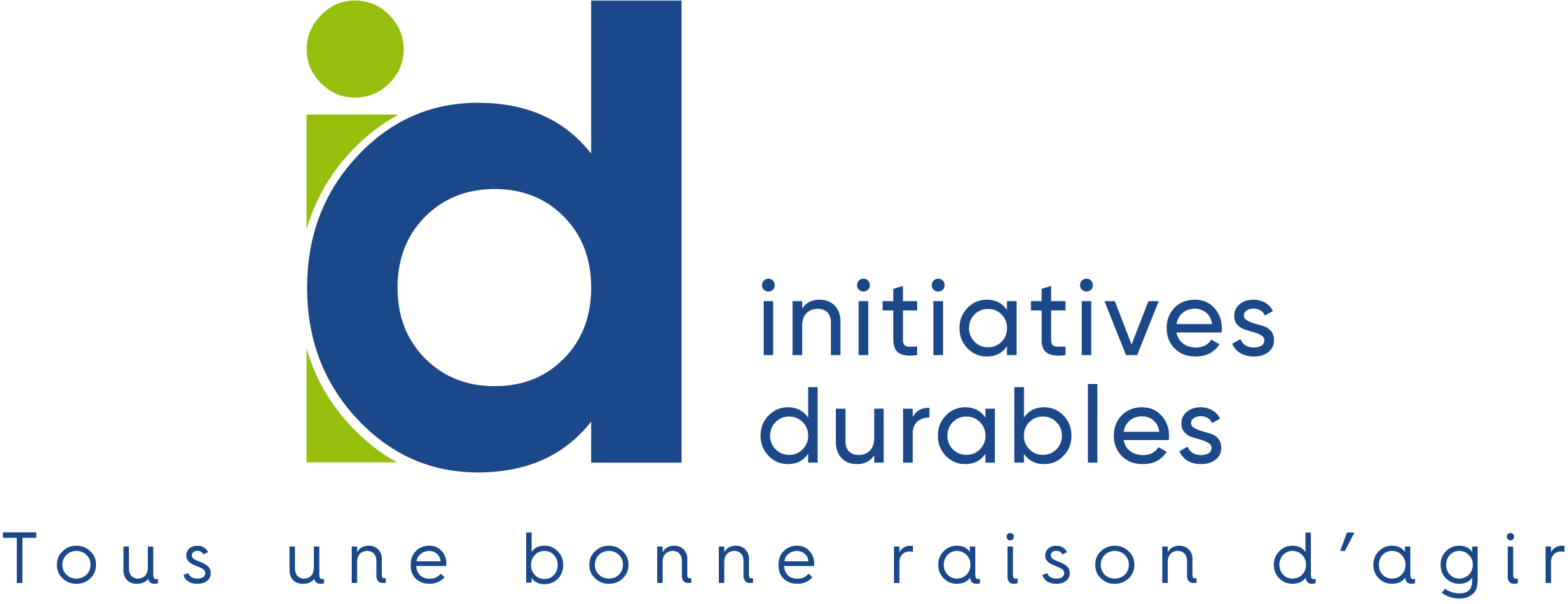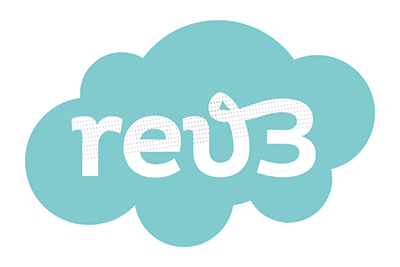SNCF societal commitment involves support approaches towards people with difficulties, employment support and economic development in every region where the Group is present.
SNCF champions workforce integration and local development
7. Community involvement
Community development


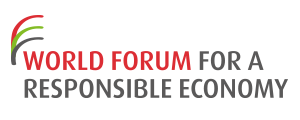
Context
Objectives
- Integrate people most away from employment
- Galvanize employment and local economic development
- Reduce the presence in train station of people experiencing social exclusion
APPROACH
Integration work for people away from employment
SNCF is taking action for social inclusion and return to work of people far away from employment thanks to a partnership set up in 2008 with the national network “Chantier-Ecole” (field school).
SNCF Développement: a strategic tool for local employment
SNCF Développement pursues two main missions hand in hand with elected representatives and local actors. On one hand, favor economic development in employment areas with strong train base an on the other, support employees in their project to create or take over a business.
Fair and sustainable purchasing
Since 2008, the Group fair purchasing policy is one of the main levers of the professional integration policies to those who are away from employment or disabled. The integration of social clauses in suppliers’ contracts is also a lever to encourage vocational rehabilitation for vulnerable people. Moreover, this policy contributes to the social and economic development of territories through job creation or maintenance. To this end, SNCF works in partnership with HANDECO, UNEA and the GESAT network, allowing an project management support on its high stakes purchase files.
Combat vagrancy in stations
SNCF stations are a place of homeless people vagrancy every day, who come to take refuge. SNCF is strongly committed to bring solutions to exclusion and precariousness issues in stations. Many actions are organized to combat vagrancy in stations and help marginalized individuals, especially with Solidarity and Reception Points (PAS, Points Accueil Solidarité) and through partnerships with social workers associations such as Paris SAMU Social.
In 2015, in the context of the European Charter for development of social initiatives in stations, SNCF joined forces with the Bulgarian, Italian and Luxembourgish train companies to conceive a training program supported by the European Union to take care of vagrancy in stations. This project TRAIN in Stations (Training Railway Agents on INclusion in stations) was based on innovative learning techniques, especially e-learning. Completed in June 2016, it allowed 148 French agents to carry out a full course about taking care of vagrancy in stations, with a success rate of 57%.
Best Practice spotted by the World Forum for a Responsible Economy in 2012 and updated in 2017
CONTRIBUTION TO COMPANY PERFORMANCE
- Obtainment of a Trophy for Diversity in 2011 thanks to the fair and sustainable purchasing policy
- Further local integration
- Reception and acceptance improvement at the station
Benefits
- In 2016, integration work stood for 50 856 hours of real-life professional situations and allowed 367 positive outcomes
- 1217 State-aided contracts in 2016
- 39.6 millions of euros of fair purchasing (disability and integration) in 2016
- Workforce
- 260 000 (2017)
- Turnover
- 33.5 milliards d’euros (2017)
- Country
- France
Contact
Florence Cousin, Chargée de Communication Développement Durable, This email address is being protected from spambots. You need JavaScript enabled to view it.
